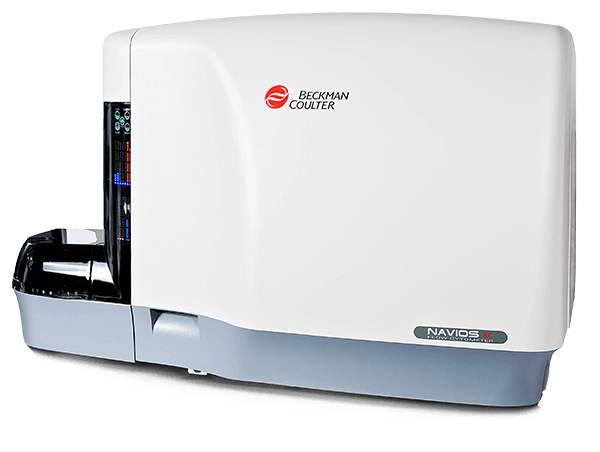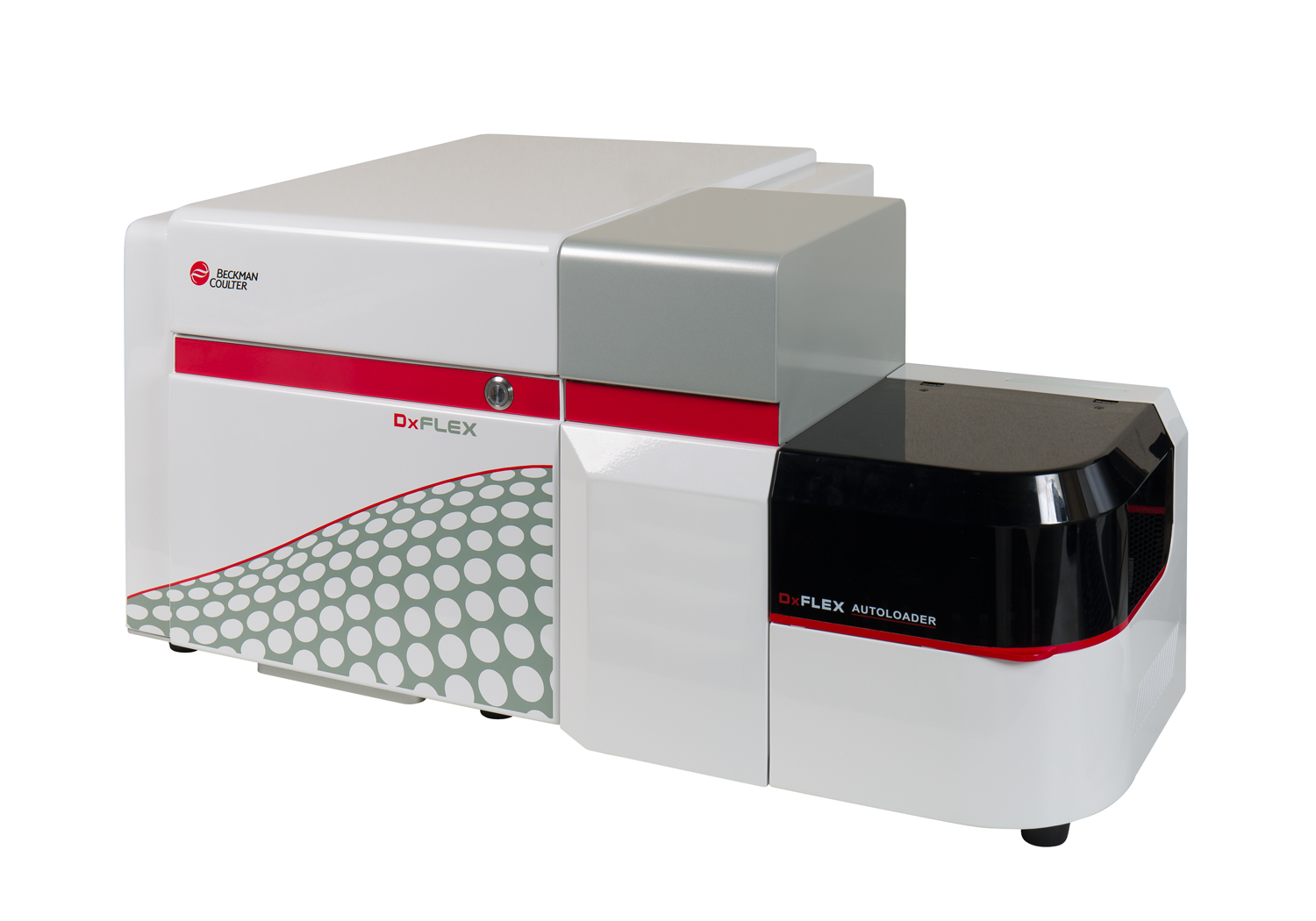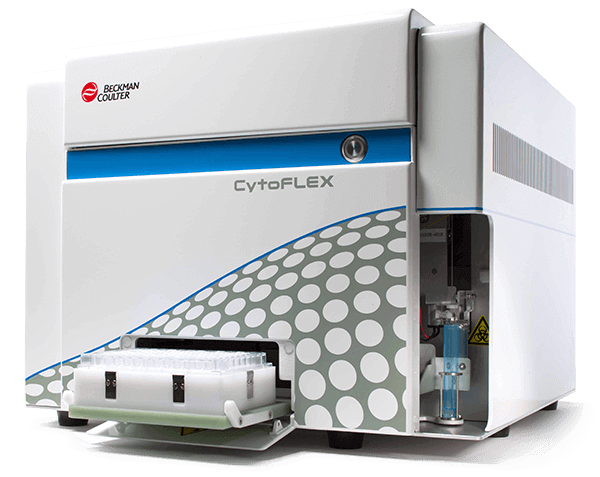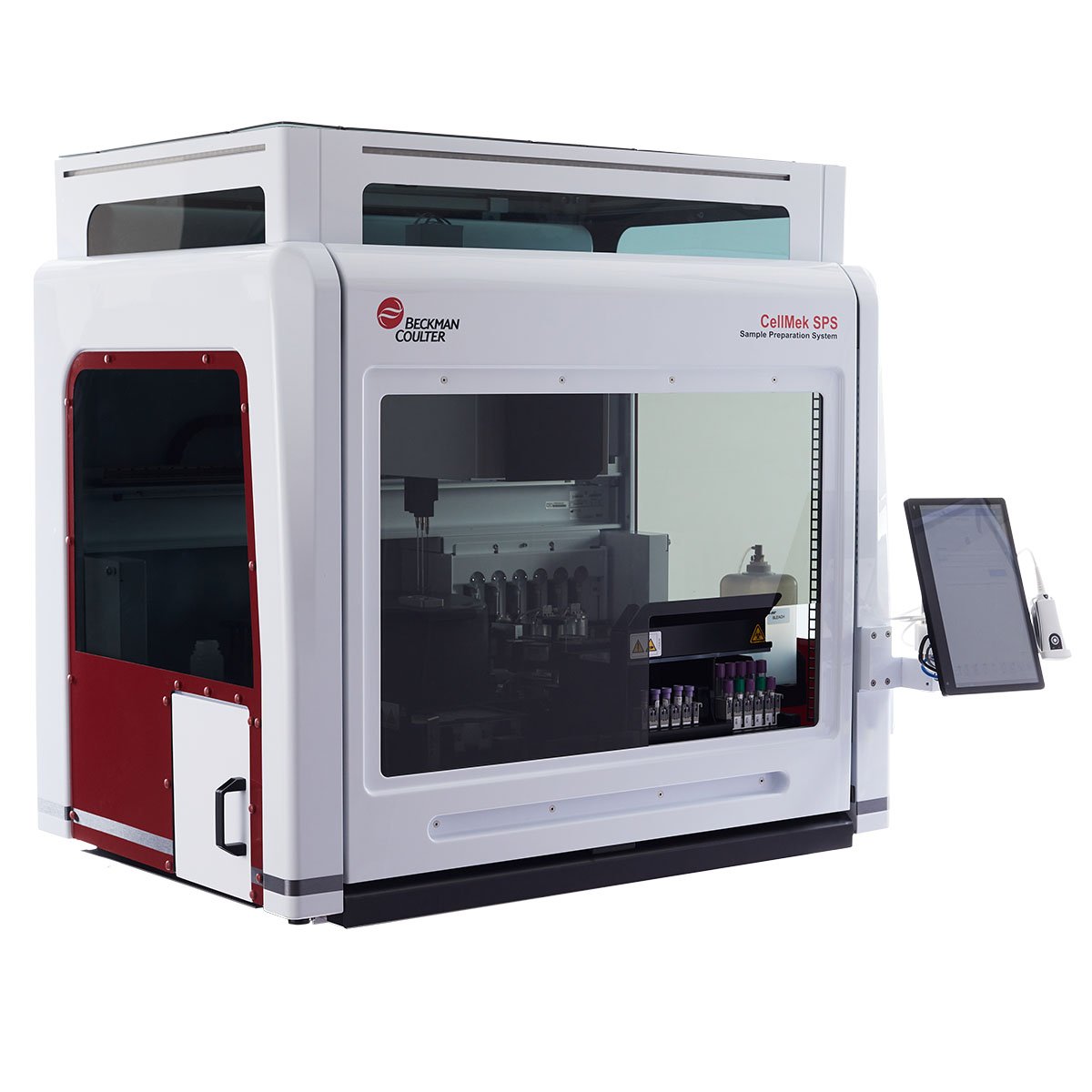CD2 Antibodies
The CD2 antigen (also called LFA-2 or T11 antigen) is a 50 kDa single chain type I transmembrane glycoprotein that comprises two external domains belonging to the immunoglobulin superfamily (IgSF). It was formerly described as the sheep red blood cell receptor, causing T-cell rosetting. Signaling molecules, such as Fyn, Lck and the PI3-kinase, have been reported to associate with the intracellular domain of CD2. CD2 has been identified as the ligand for CD58 (LFA-3). It is also a receptor for CD48, CD59 and CD15. The CD58-CD2 interaction is a component of intercellular adhesion and costimulatory signaling in T cells. CD2 is involved in the regulation of human T-cell cytokine production, and in a Fas-independent induced apoptosis of activated human peripheral T cells. CD2 is present on all human non-B peripheral lymphocytes, on the majority of thymic T cells, and on a subset of thymic B cells.
| Clone: SFCI3Pt2H9 (T11) | Isotype: IgG1 Mouse |
| SFCI3Pt2H9 inhibits sheep erythrocyte rosette formation. It has been used as a CD2 reference monoclonal antibody during HLDA 6 (ref.6T-CD2.6). | |
| Clone: 39C1.5 | Isotype: IgG2a Rat |
| 39C1.5 inhibits sheep erythrocyte rosette formation. It has been used as a CD2 reference monoclonal antibody during HLDA 6 (ref 6T-CD2.7). | |






